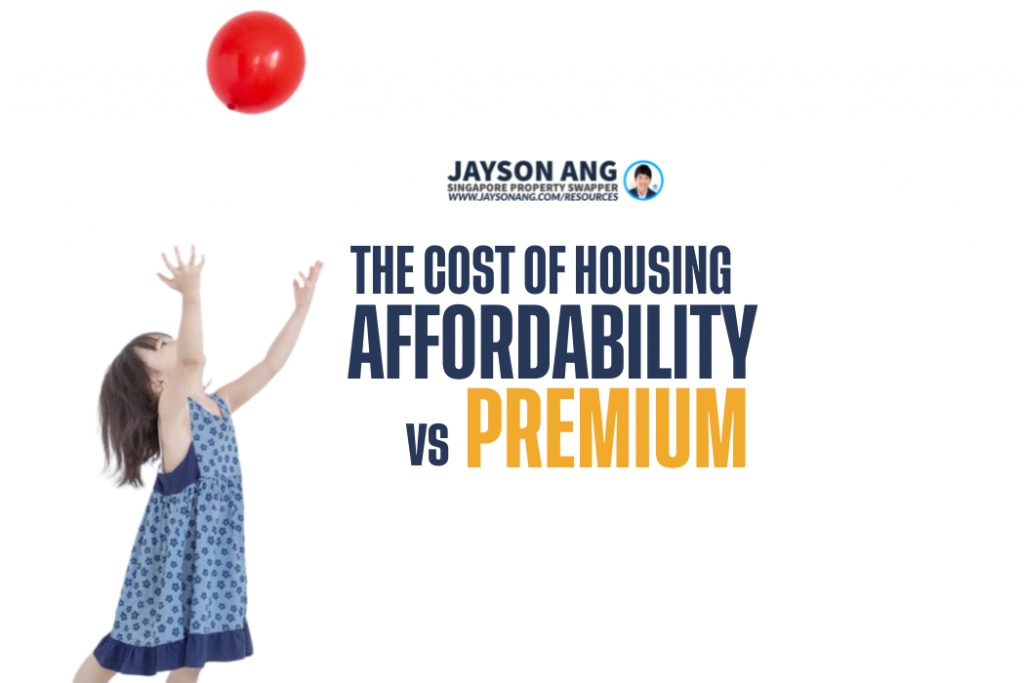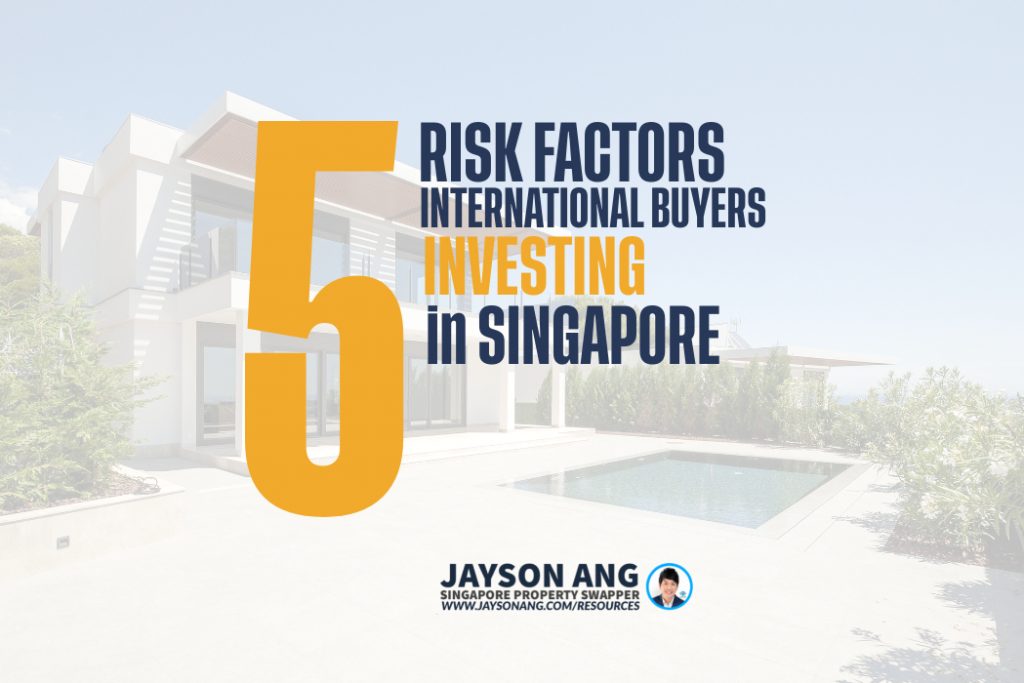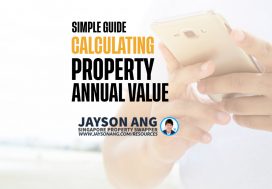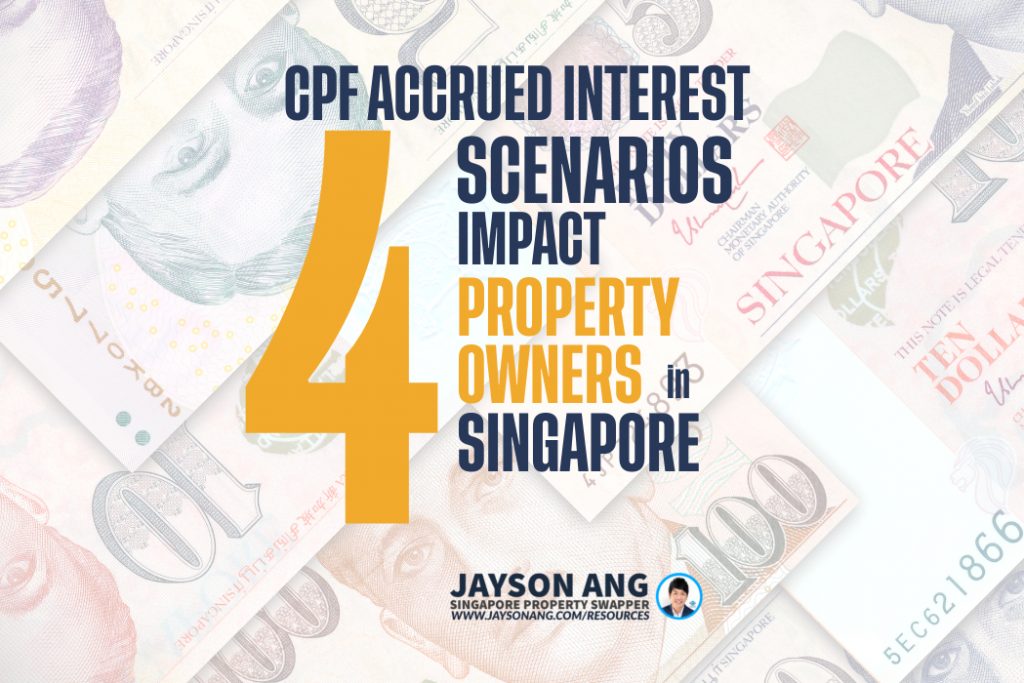TLDR
When considering purchasing a property through auction in Singapore, remember that you can potentially get a great deal below market value, with a quick and transparent process. However, be cautious as you may face risks such as limited time for research, the possibility of overpaying, and fewer options compared to the open market. It’s crucial to thoroughly inspect the property, set a budget limit, and secure financial approval before bidding to make a well-informed decision.
Are you looking to buy a property on auction in 2023 at a bargain price? Get ready, because with news of a rise in mortgagee listings, this could be your year. Before you take the plunge, however, make sure to weigh the advantages and disadvantages of buying an auctioned property.
Acquiring a property is not only limited to buying a newly-built home from a developer or buying from the secondary market – there is also a third, less known way: property auctions. However, not many people are aware of this option!
What Is An Auction Property?
When a property is put up for sale by auction, it’s called an auctioned house. This typically occurs when the original owner is unable to pay the mortgage, and the lender (such as a mortgage bank) repossesses the property in an effort to recoup some of their funds. At the auction, buyers can vie for the property, and the highest bidder will secure it as their own.
What Types Of Properties Can You Get From Auctions?
No matter what kind of asset it is, it can be auctioned – from residential properties like HDB flats and private houses to commercial and industrial properties.
Why Do Properties Go For Auction?
A property can be auctioned off for various reasons; let’s explore a few:
- The owner of the property is either compelled to sell it by court order as part of a divorce settlement, or voluntarily puts it up for sale in pursuit of a speedy transaction.
- The homeowner’s inability to pay back their home loan resulted in the bank having to foreclose on the property, thus leading to a distressed sale.
- The property of a deceased is being put up for auction by a representative of the estate.
- The government takes over and auctions off the property if the deceased has no known family members or representatives in a public trustee auction.
- When an owner is unable to keep up with mortgage payments, the court will take possession of the property and conduct a Sheriff’s Sale auction to recoup the unpaid balances.
Acquiring an auctioned property can often result in lower-than-market value prices – yet it comes with an added layer of risk that could cost you more in the end. But what are some of the benefits and drawbacks of such a purchase you should be aware of?
Advantages And Disadvantages Of Purchasing An Auction Property
Advantages Of Buying An Auctioned Property In Singapore:
1. You Can Buy A Property At A Steal
The potential to score a major bargain is the greatest perk of buying a property at auction – particularly if the vendor has to unload it quickly or is eligible for Additional Buyer’s Stamp Duty remission.
Although houses sold at auctions tend to go for below the market rate, there’s no assurance of scoring a discount – auction houses typically have a guide price to ensure lenders recover their losses as much as possible.
Remember, when the property is fiercely competed for, it may be sold to the highest bidder in a bidding war, thereby driving up its price.
2. It’s A Lot Quicker
One key advantage of purchasing property through an auction is its swiftness; the process is often much faster than buying through the traditional real estate route.
Unlike a private sale, in which there may be no definitive timeline or terms, an auction sale typically avoids delays due to the binding nature of the agreement, as well as the inability to renegotiate on the price once the bid has been accepted.
Time is of the essence in an auction sale – no drawn out negotiations between buyers and sellers, and no need to wait for that two-week Option to Purchase (OTP) period to elapse; it’s a quick, simple and direct route to a Sale and Purchase agreement.
3. There’s Full Transparency
Before the bidding process begins, buyers are given the prices, so you’ll be fully aware of the cost. Moreover, all the offers and bids will be revealed, so there’s no possibility of another buyer making a more successful offer after yours has already been accepted.
Disadvantages Of Purchasing An Auctioned Property In Singapore:
1. It’s Riskier
When it comes to auction sales, buyers often have very little time to research and view the property up for grabs. Not only that, but they may not be aware of any pest infestations or dilapidated states the property might be in. Additionally, they may not have time to compare prices with similar properties in the same area or check out nearby amenities. All of this could leave them at a major disadvantage.
Be sure to thoroughly inspect the property for any defects before the auction – typically, interested parties have two weeks for this. If you’re looking to invest, make sure the nearby amenities are suitable for tenants. It’s also a wise move to hire an agent, who can ensure your interests are safeguarded.
When it comes to bidding for a property at an auction, you must have an Approval in Principal (AIP) from a bank to ensure that you can secure a home loan from the bank in time.
Typically, buyers are expected to make an initial 5-10% deposit at the auction and pay the rest (90-95%) within 12 weeks. If you fail to do this, you will forfeit your deposit. Therefore, it’s vital to secure the AIP before bidding to give yourself the best chance of meeting the tight deadline.
To secure an AIP, you can compare the mortgage broker so you know which banks offer the most competitive rates.
2. You Could End Up Paying More Than It’s Worth
When participating in an auction, you’ll need to plan quickly and remember that you’ll be competing not only with other buyers, but also investors and experienced property owners.
In the heat of the moment, you have to decide if you should bid, outbid or give up – and there’s always a chance you’ll go overboard and exceed your budget. To prevent this from happening, set a spending limit and remind yourself that the goal is to get a property below the market rate.
Doing your research is key if you want to know if you’re getting a discount when buying property. URA’s website provides public, weekly-updated data on the prices of similar properties in the same area, development, or size.
Compare the discounted price with the median price for comparable properties to see if you’re getting a deal.
3. There Are Fewer Options Available
In comparison to the open market, where there’s an abundance of choices, an auction usually only offers 10-15 properties. Sure, you may still find a great deal at an auction, but you have a better chance of finding an undervalued property in the open market.
Should You Buy An Auction Property In Singapore?
In Singapore, there are plenty of benefits to purchasing property through an auction; think discounted prices, quick process, and full price transparency.
Unfortunately, the downside is you have less time to research and you may be prone to bidding higher than the market value. Additionally, there are limited options compared to shopping around on the open market, where you can find something that’s better suited to you.
Evaluating the advantages and disadvantages of an auctioned house is essential before taking the plunge. This will give you an idea of what to keep an eye out for and how to best prepare.
Don’t forget, once you win the auction, you’ll have to pay the deposit at that time and the rest soon after. If you don’t have the money sitting around, you will have to secure a loan from a bank or financial institution.
You May Also Like …
























































































